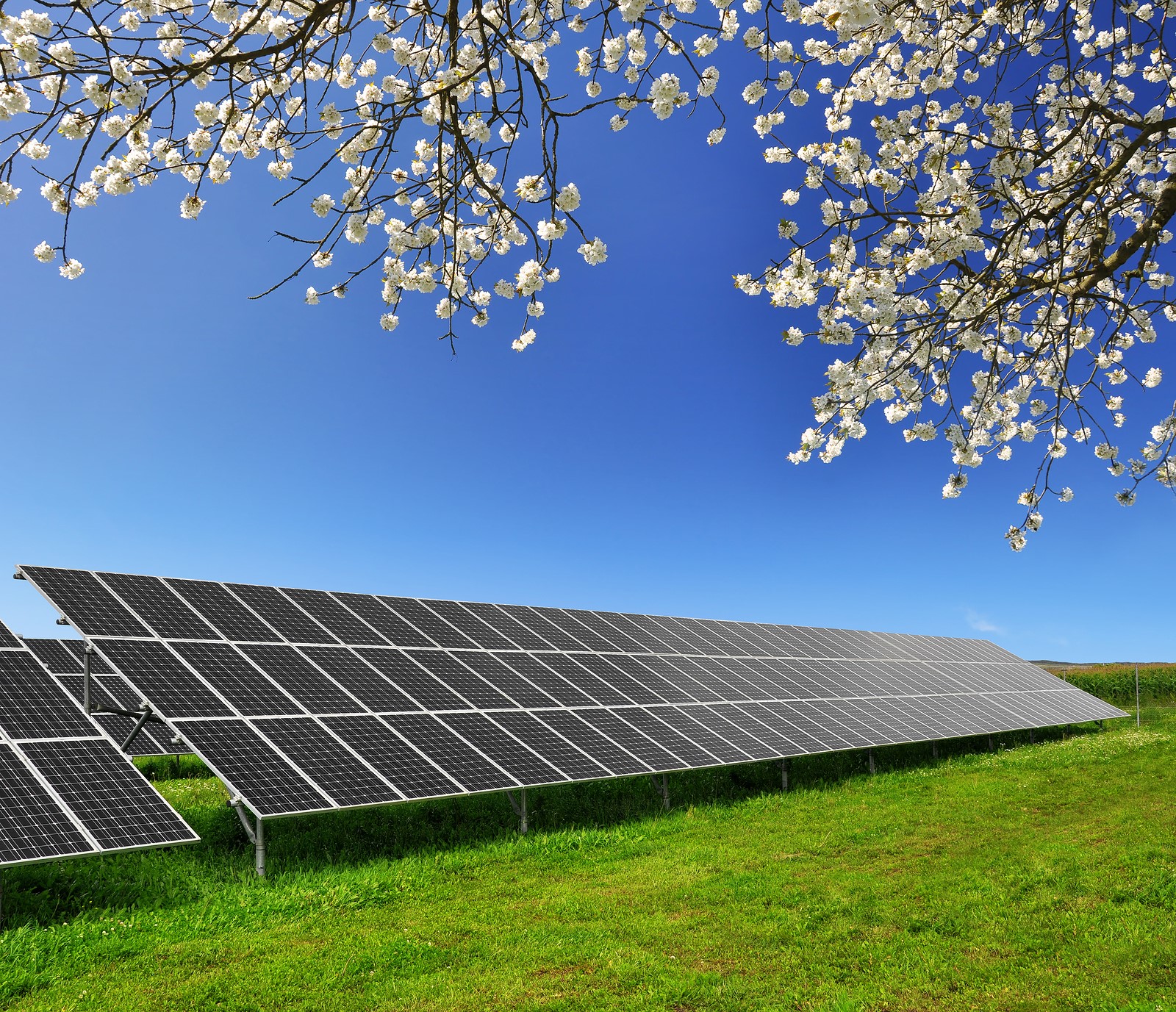The world’s supply of fossil fuels are steadily dwindling, and experts say that it has become a matter of when they’d run out, not if. In fact, there are those who say that the present known supplies of coal, gas, and oil could run out by the years 2081, 2061, and 2051, respectively; and any newly-discovered sources could extend these timelines by just a short period. It’s frighteningly close.

That said, just about every country in the world is now looking for greener ways to power homes and businesses, and one alternative source that often comes up is solar energy. While a good number of people understand the basics of how solar panels work and what the world can do with storing the energy, several are still left in the dark. For instance, one common concern almost always arises: what use will solar panels have if otherwise sunny cities like Vancouver experience overcast weather?
To many, the gist is that, in order for photovoltaic cells to convert sunlight into electricity, there must be sun in the first place; and on cloudy days, solar panels will not get the right amount of sunlight to produce power. This not completely true, however. Overcast days do not mean that there won’t be enough power, but just less than normal.
Given the amount of research being done on solar energy, however, concerns like this are gradually being resolved. Just last year, British scientists have developed solar panels that work like a charm on cloudy days, using a material as thin and flexible as cloth which is produced in sheets using a 3D printer. Fast forward to May this year, and the technology has now evolved. Another team of European researchers have developed solar cells intended for better overcast performance, which is now up at an impressive 22.1 percent efficiency.
When it’s cloudy, energy output is definitely reduced. However, solar panels from companies like Terratek Energy, Inc. continue to harness direct sunlight, as well as sunlight reflected from the clouds. In fact, it has been found that when the sun shines through the clouds, there is more solar energy than on sunny days. Furthermore, it has been found that solar power can actually be harnessed better at cooler temperatures—Germany, possessing a not-so-sunny climate, actually leads the world in residential solar use. With that, Vancouver residents need not let cloudy days hamper their march toward harnessing renewable power for their homes.
Sources:
Solar Power On Cloudy Days, GreenLivingAnswers.com
The End Of Fossil Fuels, Ecotricity.co.uk
What Happens To Solar Panels At Night And On Cloudy Days? TheSolarCo.com, February 13, 2012
British Scientists Develop Solar Panels Which Work Better On A Cloudy Day, Telegraph.co.uk , March 17, 2014
Solar Cells That Work On Cloudy Days Just Hit A Record-Breaking 22.1% Efficiency, ScienceAlert.com, May 20, 2015
Do Clouds Really Affect Solar Panel Output? UnderstandSolar.com
Solar Myths, PureEnergies.com
